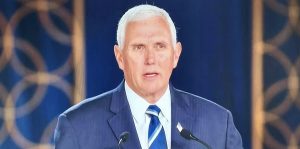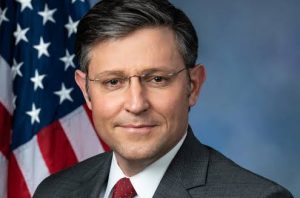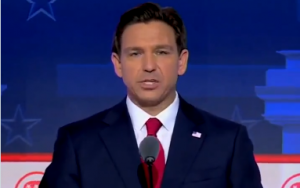The French government has suffered its first defeat in parliament after President Emmanuel Macron’s ruling party lost its majority in elections last month. On Tuesday, the National Assembly rejected a proposal to give the government powers to demand travellers show proof of vaccination or a negative Covid-19 test when entering France.
Also read: India refutes reports of aiding Gotabaya’s Maldives journey
The defeat by 219 votes to 195 saw all the major opposition parties — the far-right National Rally (RN), the hard-left LFI, and rightwing Republicans (LR) — unite against the minority government.
Speaking to Sud Radio on Wednesday morning, top Republicans MP Olivier Marleix said, “The circumstances oblige the government to listen to opposition parties which at the moment it has a few difficulties in doing.”
Also read: Sri Lanka PM Ranil Wickremesinghe instructs military, police to ‘restore order’
Prime Minister Elisabeth Borne condemned the obstruction and allies sought to stress how the so-called “extremes” — the far-right and hard-left — had teamed up together.
“Clear collusion between the extremes, each one applauding the other,” MP Maud Bregeon from Macron’s Republic on the Move wrote on Twitter alongside a video.
Also read: Sri Lanka crisis: Why state-run channels go off air amid protests?
Fellow ruling party Remy Rebeyrotte criticised “an atmosphere like a football match” during the debate where speakers were routinely shouted down.
Mathilde Panot, the most senior MP in the hard-left LFI party, referred to ruling party MPs as “Playmobils” — an insult comparing them to inanimate toys.
Also read: Where is Gotabaya Rajapaksa now?
Despite the setback on the border controls, a wider bill to tackle the seventh wave of Covid-19 infections passed the assembly with 221 votes in favour and 187 against.
After being re-elected to a second term in April, Macron saw his ability to push through domestic reforms severely curtailed by the setback in June’s parliamentary election.
Also read: Gotabaya Rajapaksa: Rise and fall of the Sri Lankan president
Analysts say he will need to rely on the right-wing Republicans party whose 62 MPs will be crucial for passing legislation.






